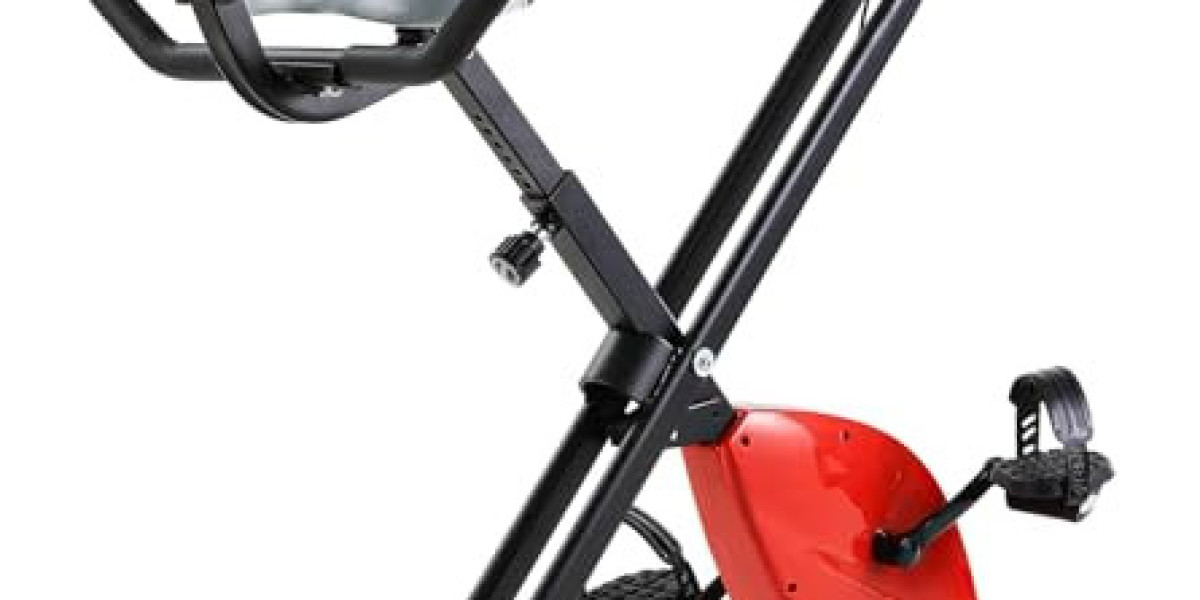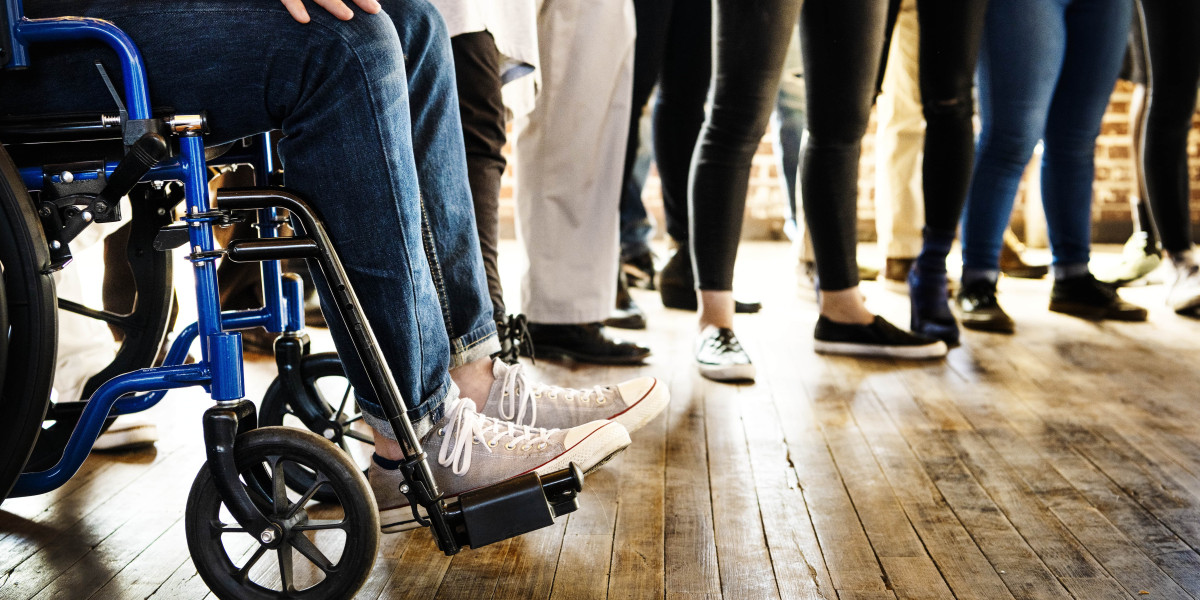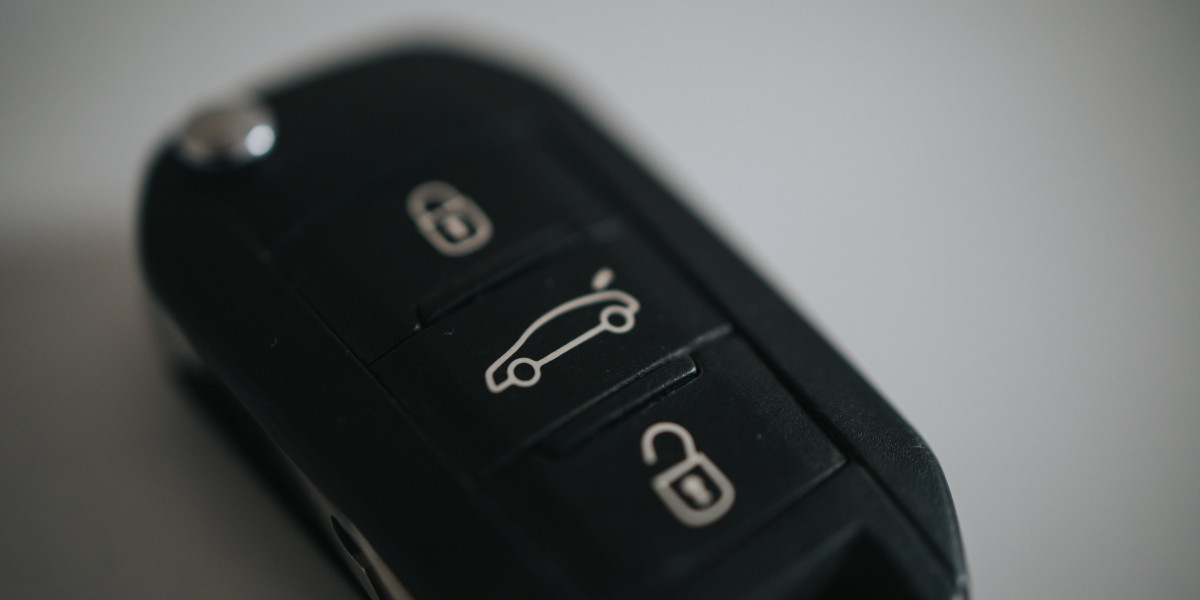
Understanding Handicap Walkers: Types, Benefits, and Usage
Handicap walkers, also commonly called mobility walkers or just walkers, serve as essential aids for people with mobility obstacles. These gadgets offer physical assistance and stability, allowing users to walk more with confidence and separately. This article looks into the numerous types of handicap walkers, their benefits, and crucial considerations when selecting one.
What is a Handicap Walker?
A handicap walker is a device created to assist people who have difficulty walking due to age, disease, or disability. Walkers assist users maintain their balance, prevent falls, and recover mobility. Unlike walking sticks, which offer minimal assistance, handicap walkers usually offer a wider base of stability, making them suitable for more considerable mobility obstacles.
Types of Handicap Walkers
Handicap walkers can be found in various styles, developed to meet the distinct needs of users. Below is a breakdown of the most common types:
| Type of Walker | Description | Perfect User |
|---|---|---|
| Requirement Walker | A Helavo Lightweight Indoor Rollator for Effortless Movement frame that needs lifting to move. Usually has rubber tips for traction. | Those who can raise the walker and have moderate balance problems. |
| Wheeled Walker | Functions two wheels at the front, permitting easier mobility without lifting. | Users who can keep stability and need more support while walking. |
| Lightweight 3-Wheel Rollator for Easy Mobility Walker | Similar to wheeled walkers but consists of hand brakes and a seat for resting. | People needing a portable resting choice with enhanced mobility. |
| Bariatric Walker | Particularly developed for heavier individuals, offering strengthened frames and larger hand grips. | Heavier users requiring extra support and stability. |
| Kid Walker | Custom-made designs for children to aid in their development and mobility. | Kids with developmental delays or mobility difficulties. |
Benefits of Using a Handicap Walker
Lots of users find that handicap walkers significantly improve their lifestyle. Here are some benefits:
1. Increased Stability
Handicap walkers offer a sturdy support structure, which helps prevent falls and boosts users' self-confidence when walking around.
2. Enhanced Mobility
Walkers make it much easier for individuals with mobility limitations to browse stairs, irregular surfaces, and other difficult environments.
3. Self-reliance
Using a walker allows people to carry out everyday activities independently, whether it's walking your house or shopping.
4. Discomfort Relief
Walkers enhance posture and disperse weight more evenly, possibly easing pain in joints and muscles throughout movement.
5. Social Engagement
By facilitating mobility, walkers permit users to take part more actively in gatherings, family gatherings, and neighborhood activities, cultivating a sense of belonging.
Important Considerations When Choosing a Walker
Picking the ideal handicap walker is important for making sure safety and comfort. Below are essential factors to think about:
User's Height: Walkers come in different heights. It's necessary to choose one that permits the user to stand upright with a slight bend in the elbows when keeping the manages.
Weight Capacity: Assess the weight capability of the Helavo Foldable All-Terrain Walker with Seat, especially for bariatric options, to ensure it fits the user's needs.
Portability: If the walker will be used often in various places, think about models that can be quickly folded or carried, such as rollators.
Features: Some walkers include additional functions like padded seats, storage baskets, and adjustable manages. Assess which functions are most helpful for the user.
User Preferences: The person's convenience and preferences ought to also play a considerable function in the selection. Checking numerous models might help determine the very best fit.
How to Use a Handicap Walker Effectively
Utilizing a handicap walker correctly ensures safety and maximizes its benefits. Follow these actions for safe use:
- Adjust the Height: Make sure the walker is adapted to the appropriate height for the user.
- Support the Walker: Place the walker in front while ensuring all four rubber pointers or wheels are in contact with the ground.
- Use Proper Techniques: Move the walker forward about one action length, and then enter the walker while keeping the weight balanced.
- Maintain Good Posture: Stand straight and utilize the walker for assistance, not leaning exceedingly on it.
- Practice Regularly: Encourage users to practice walking with the walker regularly, helping to construct confidence and enhance balance.
Frequently Asked Questions (FAQs)
1. What is the difference between a standard walker and a rollator?
Requirement walkers require the user to lift them with each step, while rollators have wheels and allow the user to press them forward without lifting. Rollators likewise normally consist of brakes and may have a seat.
2. Are handicap walkers covered by insurance?
Coverage for handicap walkers can vary based on an individual's insurance strategy. It is a good idea to consult the supplier for www.Mymobilityscooters.uk particular details regarding protection and any needed paperwork required.
3. Can children use handicap walkers?
Yes, there are walkers developed specifically for children that cater to their developmental requirements. It's necessary to pick a design that is age-appropriate and provides the necessary support.
4. How do I maintain my walker?
Regularly examine the walker for wear and tear, including the grips and wheels. Clean the walker as needed and make sure all parts are working appropriately for safety.
5. When is it time to stop using a walker?
This varies by individual. Users must talk to their doctor to assess mobility enhancements and discuss whether transitioning to a various mobility aid or moving without help is appropriate.
A handicap walker can be a transformative tool for individuals with mobility difficulties, using them higher stability, independence, and enhanced quality of life. By comprehending the numerous types, benefits, and crucial considerations in choosing a walker, people can make educated choices that align with their special requirements and way of life. Whether for rehabilitation, aging gracefully, or handling specials needs, handicap walkers play an important function in promoting mobility and well-being.








